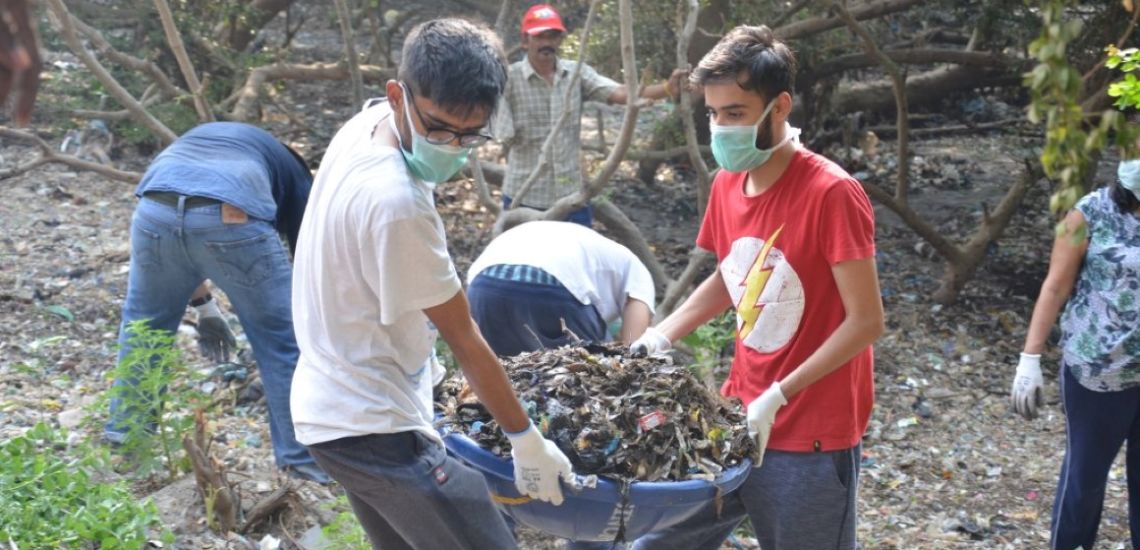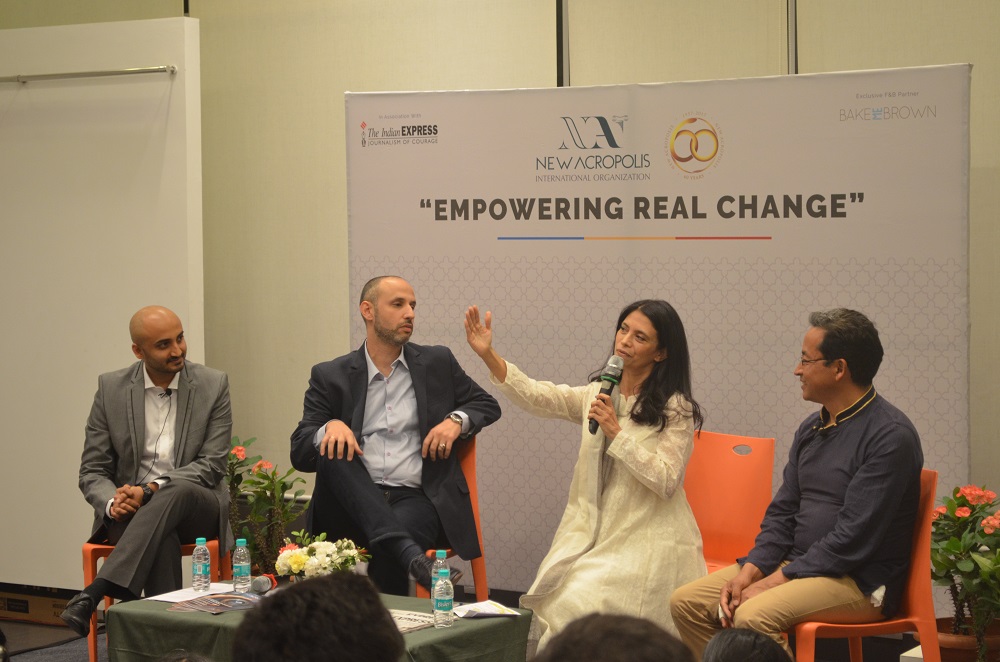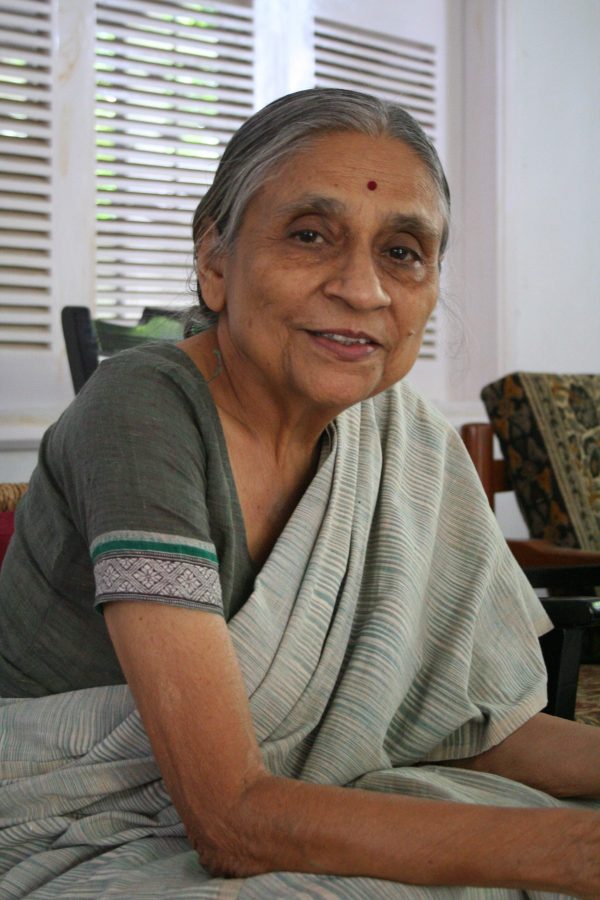Philosophical Activism: For Best Results Start at the Root
Article By Gilad Sommer
 Many of us feel the need to take concrete action, with the hope that our children may have a better place to live in. However, without contemplating the deeper reasons for our problems, activism can become a Sisyphean task – acting repeatedly, without making any real change.
Many of us feel the need to take concrete action, with the hope that our children may have a better place to live in. However, without contemplating the deeper reasons for our problems, activism can become a Sisyphean task – acting repeatedly, without making any real change.
Wangari Maathai, the late Kenyan Nobel prize winner, spoke about certain aid campaigns that completely missed their purpose. As an example she presented a problem they had with disease infecting mosquitoes. This problem was “solved” by the donation and installation of mosquito nets in the villages. The problem is that the nets will decompose in time, and again the humanitarian groups will have to come to the rescue.
She offered a better solution – educating the people so they can develop solutions on their own and not be dependent anymore on external aid. That is, teaching them to fish instead of giving them fish.
Contemplation or thought without action, does not change anything. However, action without thought or contemplation is as dangerous and futile, it will seem to be a solution in the eyes of spectators, but will not bring any long lasting change. It is necessary to search for the roots of our problems, and these roots are usually not in the visible, physical sphere, but within man.
For example, tooth cavities are a physical problem. But if we dig deeper we will find that it is a result of bad nutrition, “sweet-tooth”. If we dig even deeper, we may find emotional reasons for the unbalanced consumption of sweets. And digging deeper we may find even deeper roots – mental patterns which lead to these imbalances. Of course we would like to fix the cavity first, because it is painful. But if we will not treat the roots of the problem, we will eventually need to remove the roots of the teeth.
In the same way, many of our problems are symptoms of our cultural mindsets, of the way we perceive nature, the world, and ourselves.
We need to prevent the pollution of our environment, but first we need to uproot the mindset that has separated us from nature in the first place.
We need to fight against war, but how can we redirect warring nations, when we cannot even solve small conflicts with our friends, family or neighbors?
We speak about economical disparity, but are we innocent of the mindset that puts matter over values, gains over brotherhood?
Therefore, the first step to understanding our problems, is to understand the human being. Real social change always begins with a change of the individual. The great philosopher and leader Mahatma Gandhi said that the Indian people are a bigger enemy to him than the English one, because more than just fighting the English people, it is crucial to educate the Indian people to believe in their right to freedom and autonomy.
He also said his biggest enemy is himself, because a person should be the change he wants to see in the world. That, actually, is the greatest and most profound challenge of every true idealist and philosopher.
We need to re-think Activism.
It is essential to integrate activism with philosophy.
We need to seek after the roots of reality, and to gradually change our perception, and as a result our behaviors as well. It is necessary to integrate action and contemplation and to bring to light a form of philosophical activism.
Image Credits: By 040623-N-8977L-010 |Wikimedia Commons | CC BY PD
The entity posting this article assumes the responsibility that images used in this article have the requisite permissionsImage References
By 040623-N-8977L-010 |Wikimedia Commons | CC BY PD
Permissions required for the publishing of this article have been obtained




What do you think?